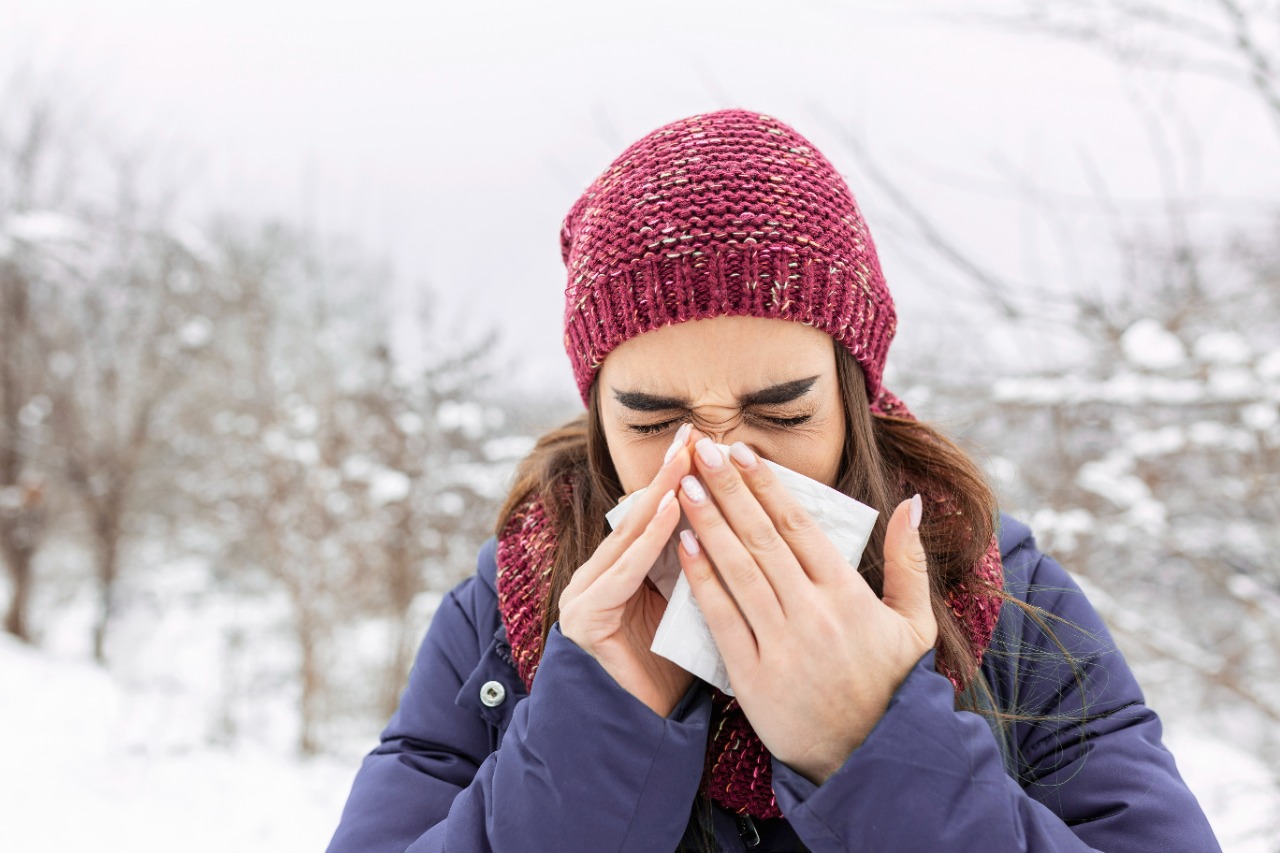Sava Healthcare is a global contract research and pharmaceutical manufacturing company that offers a range of services to the pharmaceutical industry.
Some of the specific services they offer include the development and manufacturing of oral solids, topicals, Nasal Sprays, and dry powder inhalers.
SAVA also provide support for clinical trials and other research and development activities.
In terms of geographic reach, Sava Healthcare has operations in Canada, Ukraine and the CIS, Asia, Africa, and FWA, which means they are able to serve clients across a wide range of regions and markets.
People with chronic sinusitis suffer extreme pain during the winter months. As soon as the temperature drops, nasal congestion and dryness in nasal cavity becomes a daily affair.
This is not unusual. However, you can take steps to find the causes for your infection, find the right sinusitis treatment, follow a few remedies and reduce the pain.
The pedigree of SAVA Healthcare Ltd. stands tall as our Nasal spray and Dry powder inhaler technology and expertise.
What is Causing Your Sinus Infection?

Temperature drop is a major reason for increased sinusitis during winter. We also keep our homes and offices warm with indoor heating. But this combination of cold and hot dry air can really dry out your sinus cavity.
Most of the time, sinus problems are due to:
- A narrow sinus passage which can easily get congested.
- A deviated septum, meaning the thin wall between the nasal passages is slightly out of place to one side.
- Nasal polyps can also block drainage from the sinuses.
- Allergies can also cause a condition called Allergic Sinusitis. It is necessary to identify the allergen that causes infection in this case and take steps to avoid it.
It’s important to identify the root cause of your sinus pain since it can be any of the above reasons.
Your family physician may recommend to perform a nasal endoscopy, an allergy test or a nasal/sinus culture to identify the underlying cause.
Symptoms of Sinusitis
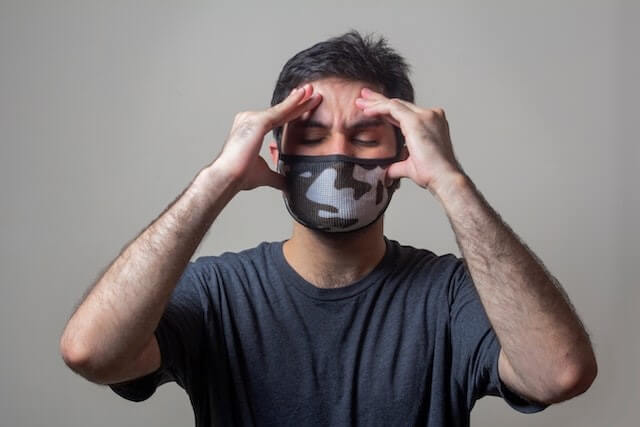
Sinus pressure, nasal congestion and facial pain are some of the most obvious symptoms in the case of sinus infections. Sometimes a regular cold can be mistaken for sinusitis.
In this case, look at the duration of your symptoms – a cold lasts only 5-10 days while a sinus infection may last up to 4 weeks or even more than 3 months, in chronic sinusitis.
The symptoms specific to sinusitis are:
- Pressure is commonly observed in the forehead, over the cheek, in the upper jaw and teeth, behind the eyes and at the top of the head.
- Post-nasal drip is also experienced, where you can feel mucus dripping down your throat.
- A blocked nose, combined with an inability to blow out mucus or nasal discharge.
- Nasal discharge may be clear and thick. This acquires a yellow or green colour depending on severity of infection.
- Pain in the ears and sinus headache is common, but it increases on leaning forward.
- Prolonged irritation in the throat, sore throat, cough and bad breath are also commonly experienced.
Sinusitis Remedies to Prevent Pain in Winter
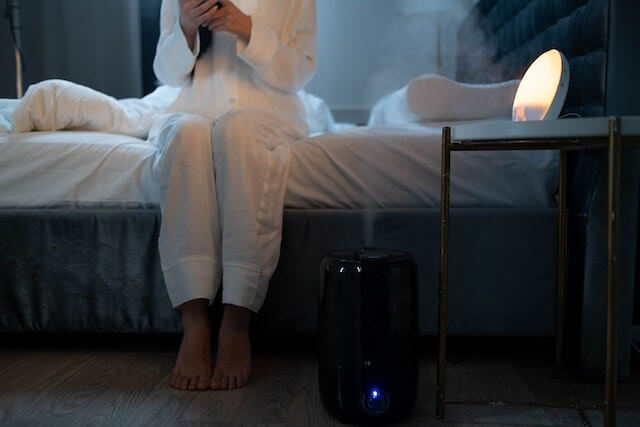
It is possible to avoid extreme sinus pain during the cold winter months by following a few sinusitis remedies on a regular basis:
- Saline nasal irrigation: A regular saline spray or your own homemade saline solution. Dr. Karol DerSarkissian suggests using a neti pot or other pre-filled containers to do this.
- Humidifier: Using a room humidifier indoors can help reduce the symptoms especially if you use a heater. It brings back some of the moisture in the air, and prevents the nasal cavity from getting too dry.
- Hydration: Drinking plenty of fluids and staying hydrated is important if you have chronic sinusitis. This can prevent your mucus from drying out due to dry air. So, remember to stay well-hydrated during winter.
- Warm washcloth: You can apply a wet and warm washcloth over your face multiple times during the day. This can help open the blocked sinus cavities.
- Steam inhalation: Since cold, dry air is the problem in winter, inhaling steam using a vapouriser or during a warm shower can provide relief.
- Wash hands regularly: Cold or flu can also trigger sinus infection. Since winter makes you more prone to these illnesses, it is important to keep your hands clean at all times, to prevent infection via touch.
- Air filter: This can help only if you have Allergic sinusitis due to dust, pollen, mold, or pet dander. Placing a HEPA filter in your bedroom or office can help reduce symptoms due to these allergens.
When none of these remedies are effective, it is best to resort to sinusitis treatment by medication. Your family physician can prescribe the best medication suitable for you depending on the intensity of your pain and nasal congestion.
Medical Treatment for Sinusitis
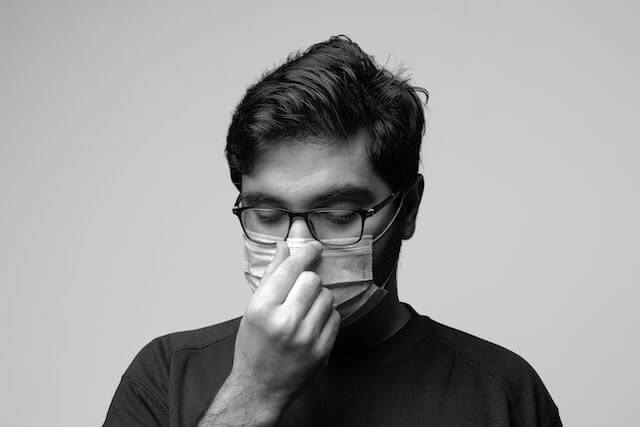
Medication for sinus pain and infection focuses on reducing inflammation and easing out the congestion in the nasal cavity. This can also be combined with pain relievers so that you don’t have to suffer pain due to sinus pressure. There is separate medication for allergic sinusitis as well.
SAVA has a wide range of pharmaceutical products that help relieve nasal congestion, tubal block and serous otitis media.
The pedigree of SAVA Healthcare Ltd. stands tall as our Nasal spray and Dry powder inhaler technology and expertise.
• Decongestants: A Nasal decongestant is used to help reduce the inflammation in your nasal cavity, which causes most of the nasal congestion. These are available as either pills, nasal drops or nasal spray.
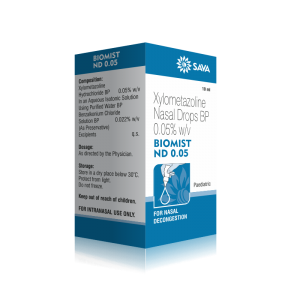
BIOMIST, is an effective decongestant by Sava Global that helps relieve symptoms of nasal blocks. It is never advised to use a nasal decongestant spray for more than 3 days, as it can cause more swelling inside the nose with increased runny nose.
• Pain relievers: Over the counter pain relieving pills or anti-inflammatory medicines can also be used for temporary relief. Medicines like Paracetamol or Ibuprofen are pain relief medications that are available without a prescription.
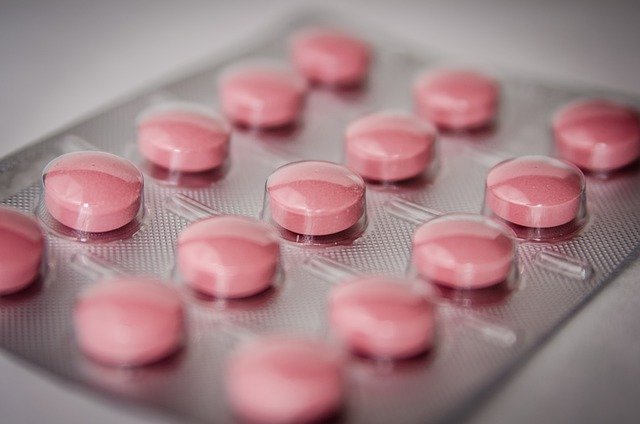
But if you find yourself using these medications too often or for more than a week at one go, it’s time to stop and consult a doctor for more specific medication.
• Nasal Steroids: These can help reduce the stuffiness in the nasal cavity. These are used in case of allergic sinusitis treatment. These can be nasal, oral or injected.
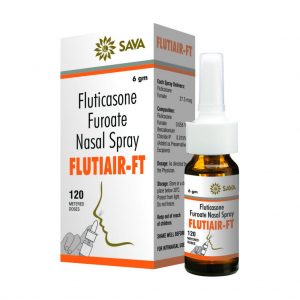
Fluticasone furoate, Fluticasone propionate & Beclomethasone are important nasal corticosteroids. Flutiair-FT Nasal Spray is a Fluticasone furoate nasal spray by Sava Global that helps in the treatment of the symptoms of seasonal and perennial allergic rhinitis in patients aged 2 years and older.
• Anti-histamines: These are another set of drugs used to control symptoms due to allergic sinusitis. Your doctor may prescribe Cetirizine, Chlorpheniramine or Clemastine.
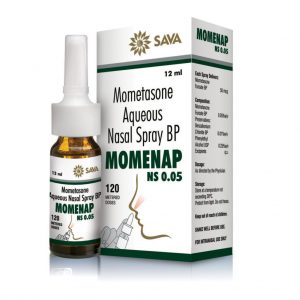
It is also necessary to find out the allergen causing the infection and take steps to remove it or avoid contact with it. Momenap Nasal Spray is a Desmopressin Intranasal Solution by Sava Global that eases nasal symptoms of seasonal allergic and perennial allergic rhinitis.
• Antibiotics: These are often prescribed for 3 to 12 weeks depending on the severity of infection and are used only when the infection is caused by bacteria.

Most cases of sinusitis don’t require antibiotics. It is always best to consult a doctor to know if you need one.
• Surgery: When medication does not work, surgical procedures can be used to treat the underlying cause. A deviated septum can be corrected by a septoplasty or a turbinoplasty. Nasal polyps or a narrow sinus passage can be alleviated by performing a Functional endoscopic sinus surgery (FESS).

Local or general anesthesia may be used for these procedures. Pain medication is also usually prescribed to help with the mild pain that you may experience after surgery.
• Balloon Sinuplasty: This is a non-surgical procedure to widen sinus passages. It is done by inserting a thin tube and a wire in the nostril and inflating it. This widens the nasal passage.
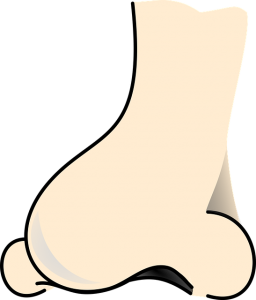
Compared to FESS, this is not as invasive. Therefore, it is used as an alternative to FESS.
Pain due to sinus infection is not trivial and should not be left untreated. Self-medication with pain relievers and over-the-counter anti-inflammatory medicines should also be avoided as long-term solutions.
By strictly following a doctor’s advice and taking appropriate sinusitis remedies, it is possible to prevent sinusitis during winter.
We at “SAVA” are committed to make life “Feel Good” with our range of pharmaceutical formulations. With our highly competent teams across business functions, we cater to the growing demands of the changing world.
